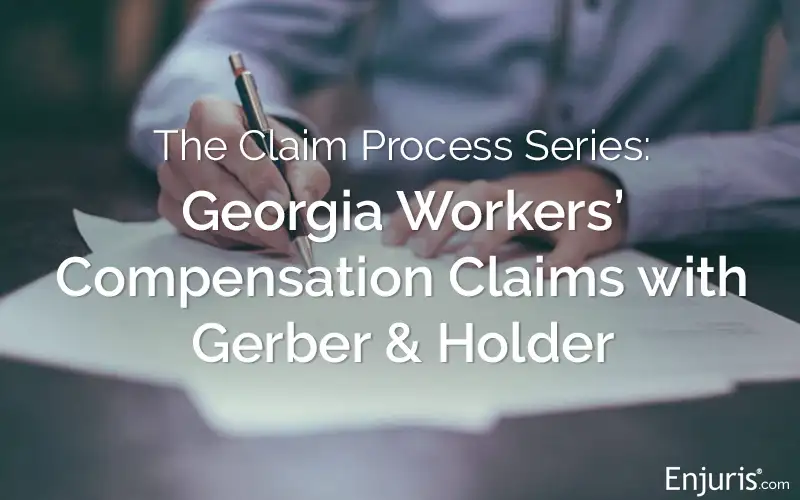
One of the world’s largest automakers has been hit with one of the biggest jury verdicts in history.
A Georgia jury handed Ford Motor Company a staggering $2.5 billion (that’s billion with a b) verdict in a wrongful death lawsuit.
At the heart of the case? A tragic accident, a disputed vehicle defect, and a heated debate over how much power juries should have in punishing big corporations.
What happened?
A Georgia jury ordered Ford Motor Company to pay over $2.5 billion in damages to the family of a couple killed in a 2022 rollover crash involving a Ford Super Duty truck. The verdict, the largest in Georgia history, holds Ford mostly responsible for the deaths of Herman Mills, 74, and Debra Mills, 64, who were driving their 2015 Ford F-250 when it rolled over in Decatur County.
According to the lawsuit, Debra Mills was driving when the truck struck a driveway drainage culvert, causing the vehicle to go airborne for 81 feet before crashing and rolling over. The roof of the truck collapsed, crushing both occupants. While Debra Mills died at the scene, first responders took 26 minutes to extricate Herman Mills, who later succumbed to his injuries at a hospital in Florida.
Attorneys for the Mills family argued that the roofs on Ford’s 1999-2016 Super Duty trucks were dangerously weak and prone to collapse in rollover accidents. Ford denied liability, arguing that Debra Mills suffered a cardiac event before the crash and that the roof deformation was not the legal cause of death.
“It was only a half roll, yet the roof catastrophically collapsed into the passenger compartment.” James E. Butler, attorney for the Mills family.
The lawsuit and verdict
The Mills’ children, James “Dusty” Brogdon, Ronald “Rusty” Brogdon, and Jason Mills, sued Ford in 2023, claiming that the automaker had long been aware of the weak roofs in its Super Duty trucks but failed to take corrective action.
The jury found Ford 85 percent responsible for the deaths, awarding $30.5 million in compensatory damages and an additional $2.5 billion in punitive damages. The verdict came just days after a separate jury in a different case awarded $1.7 billion against Ford for a similar roof collapse in a 2014 rollover crash involving a Ford F-250.
Ford has vowed to appeal, calling the verdict "impermissibly extreme and not supported by the evidence."
Learn more about the types of compensation awarded in personal injury cases, including how damages are calculated.
Calls to cap punitive damages
The massive verdict reignited discussions on whether Georgia should cap jury awards, particularly punitive damages.
Punitive damages are awarded to punish a defendant for reckless or malicious conduct rather than to compensate victims. Unlike compensatory damages, which reimburse victims for losses like medical expenses or lost wages, punitive damages are meant to deter future misconduct.
In Georgia, juries have broad discretion in determining punitive damages, but some lawmakers, including Governor Brian Kemp, have proposed limiting these awards. Kemp's proposal would restrict the amount juries can grant, regulate how damages are calculated, and limit when businesses can be sued for injuries occurring on their properties. While these reforms would not affect federal cases like the Mills lawsuit, they could significantly alter how similar cases are litigated in state courts.
Critics argue that capping damages would weaken corporate accountability, particularly in cases where manufacturers knowingly allow dangerous products to remain on the market. Meanwhile, business groups claim that excessive verdicts drive up costs and lead to frivolous litigation.

